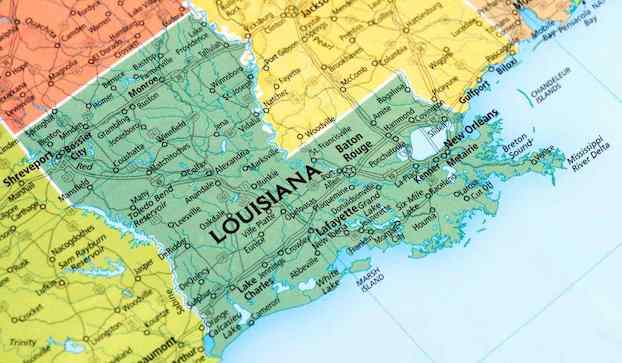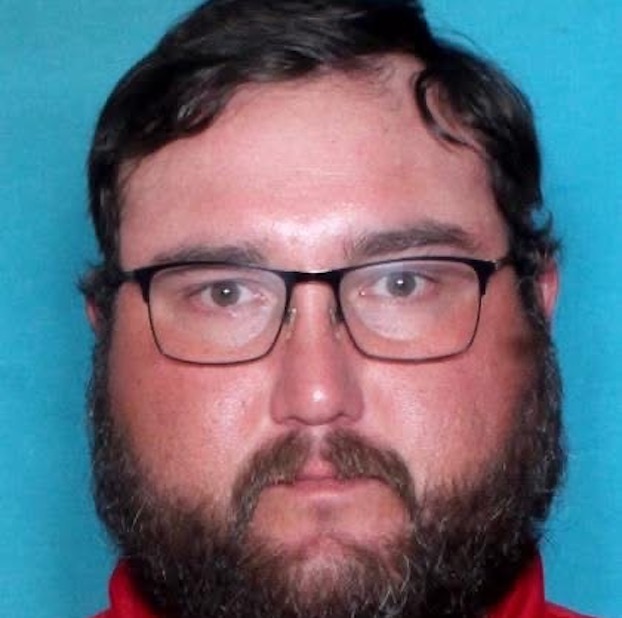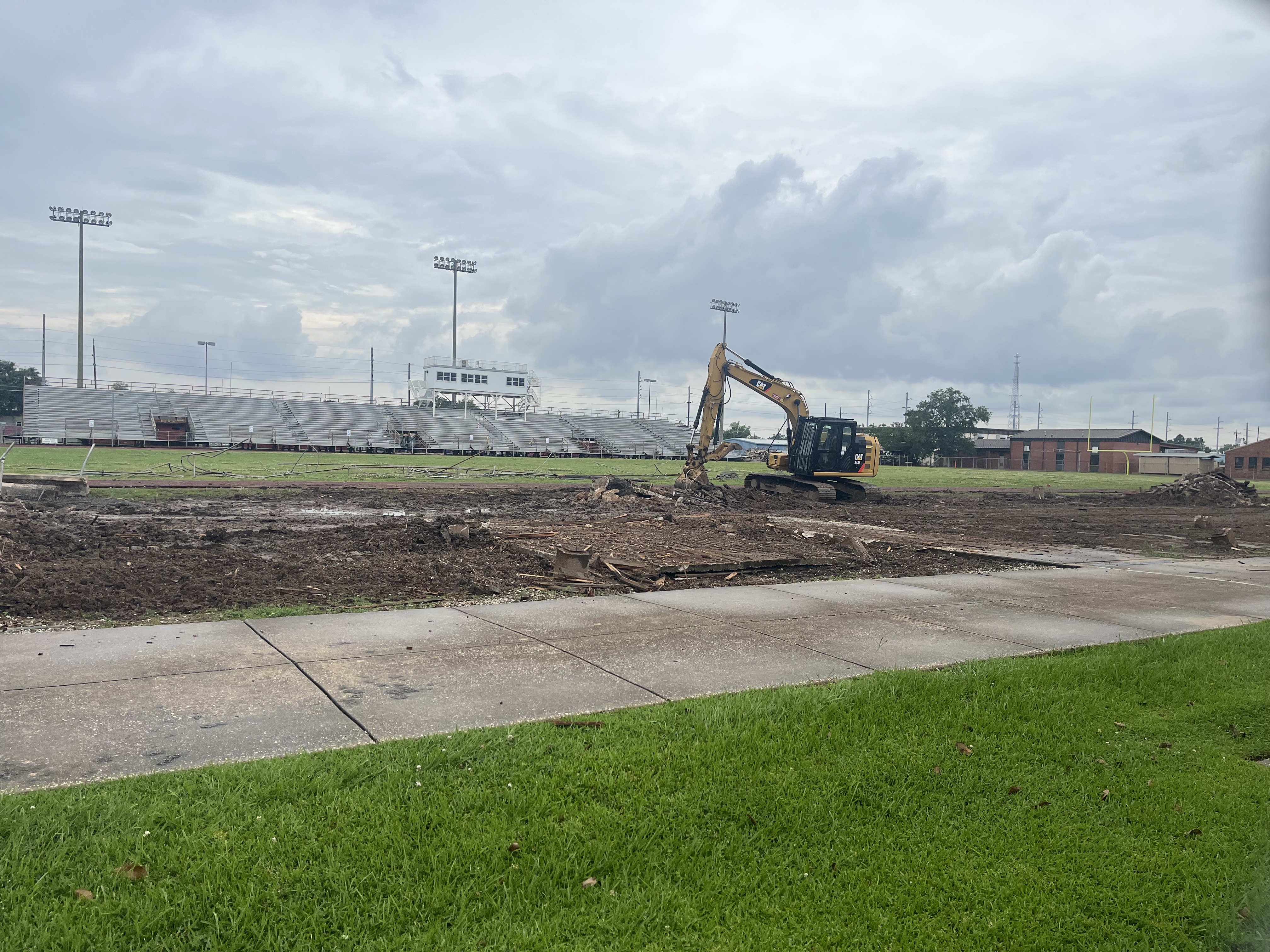Impact of carbon capture project on Chicot Aquifer questioned
Published 11:43 am Sunday, June 9, 2024

- (Special to the American Press)
Some police jurors in Southwest Louisiana are asking the state for more time to elevate the potential risk and uncertainty surrounding proposed carbon capture projects on the Chicot Aquifer.
The aquifer is a major source of groundwater in the region including all or parts of 15 parishes including Allen, Jeff Davis, Beauregard and Calcasieu parishes.
Allen Parish Police Juror Roland Hollins, who was recently appointed chairman of a four-person committee to study scenarios regarding a proposed carbon capture project in the parish, warns that not enough is known about the impacts of carbon capture and potential contamination especially in rural areas.
“Our goal is to build a parish coalition of police jurors working together and asking questions about safety concerns,” Hollins said. “We have to wake our people up to the fact of a real risk of what is being proposed.”
Police jurors in Allen, Jeff Davis, Beauregard and Vernon parishes recently passed resolutions asking the state not to grant any more Class 6 permits until officials can examine the long-term risk to the Chicot Aquifer. Rapides and Evangeline parishes are considering similar resolutions.
“I’m not trying to stop something, but I’m trying to slow it down,” Hollins said. “They are three or four years ahead of us and if we have to do something for our people and to protect them because there can be no good community without good water.”
Allen Parish has been notified of several potential industrial scale carbon dioxide pipelines, Class 6 injection wells and sequestration projects in the parish to capitalize on the federal tax credit, according to Hollins.
“The Allen Parish Police Jury has been made aware that these projects may pose future risks to the people and natural resources of the parish, including, but not limited to, precious groundwater used as public drinking water supply and crop irrigation supply,” Hollins said.
The Allen Parish Police Jury has yet to be made aware of any local benefits to the parish from the projects being located in the parish, he said.
“We are asking for more time to evaluate the potential risks of the proposed projects to the people of the parish and its natural resources, and compare those risks to the potential benefits,” he said.
They are also asking for more time for the residents of the parish to be made aware of the project, any local risks and benefits, as well as a chance to give their input on the projects.
Hollins said the biggest concern is the potential contamination of the Chicot Aquifer and possible risk of CO2 leaking from the pipeline.
“If it’s a financial blessing to our community and little risk to your water that’s a good deal, but then you find out there is no money and there may be a whole lot more risks than they are really saying, then you have to be concerned,” he said.
He said Duke University scientists have already said there is a good chance that CO2 will get in the water.





